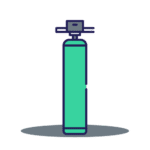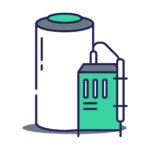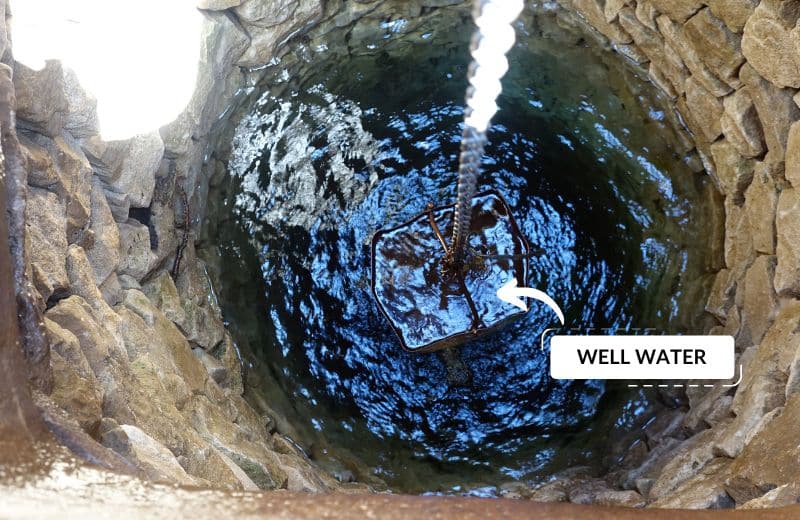Give me 90 seconds
I’ll help you Get Cleaner,
Safer Water
Click/ tap to get started
FEATURED IN






Water treatment doesn’t have to be complicated…
Our expert research will help you find the best solution to your needs
New Videos
Guides & Resources
Not sure where to start? Read our reviews of the best water filtration, hard water treatment, and well water treatment products, all tried and tested by our experts.


Water Filtration Resources


Hard Water Treatment Resources


Water Testing Resources
Residential Water Treatment Consulting Services
Step 1: Test Your Water Quality
Before you can address any underlying issues, its best to first get a good understanding of what’s in your water. Conduct a home drinking water quality test to find out what you’re working with, and what needs to be dealt with.
Step 2: Consider Your Needs
Safe water is essential. For some folks, like pregnant women, infants, and those with underlying health concerns, this is even more important. Consider your unique needs while consulting the results from your water quality test.
Step 3: Research Your Options
Whether you need water treatment, purification, or a combination, finding the right solution starts with education. Read comprehensive guides & reviews written by industry experts to learn all about the recent tech and most innovative systems available.
I just want to say thanks for reading, I’m glad you made it here. I completely value everyone I’ve met because of this website.
Most importantly, it’s our #1 goal to help you get access to clean water.
Got a question? Need specific advise? Just want to have a nice chat? Reach out! We’ll do whatever we can to help
Ready to Get Started?
Take the quiz to get a personalized recommendation about how to ensure clean, contaminant-free water
Do You Know What’s in Your Water?
Nitrates/Nitrites
Risk of dangerous blood disorder called methemoglobinemia.
Arsenic
Long-term can cause cancer, high blood pressure, heart disease, and neurological issues
Fluoride
Often added to water during treatment. Possible risk of cancer and skeletal fluorosis.
Aluminum
Large amounts can affect kidney and liver function

Bacteria & Viruses
Pose threat of waterborne illness if water is not properly purified.
Chloramine
Used during water treatment. Leaves residual taste and smell in water.
Chlorine
Used to disinfect water but leaves a distinct taste and smell.
Lead
Consumption of lead in water can lead to high blood pressure and kidney damage.









